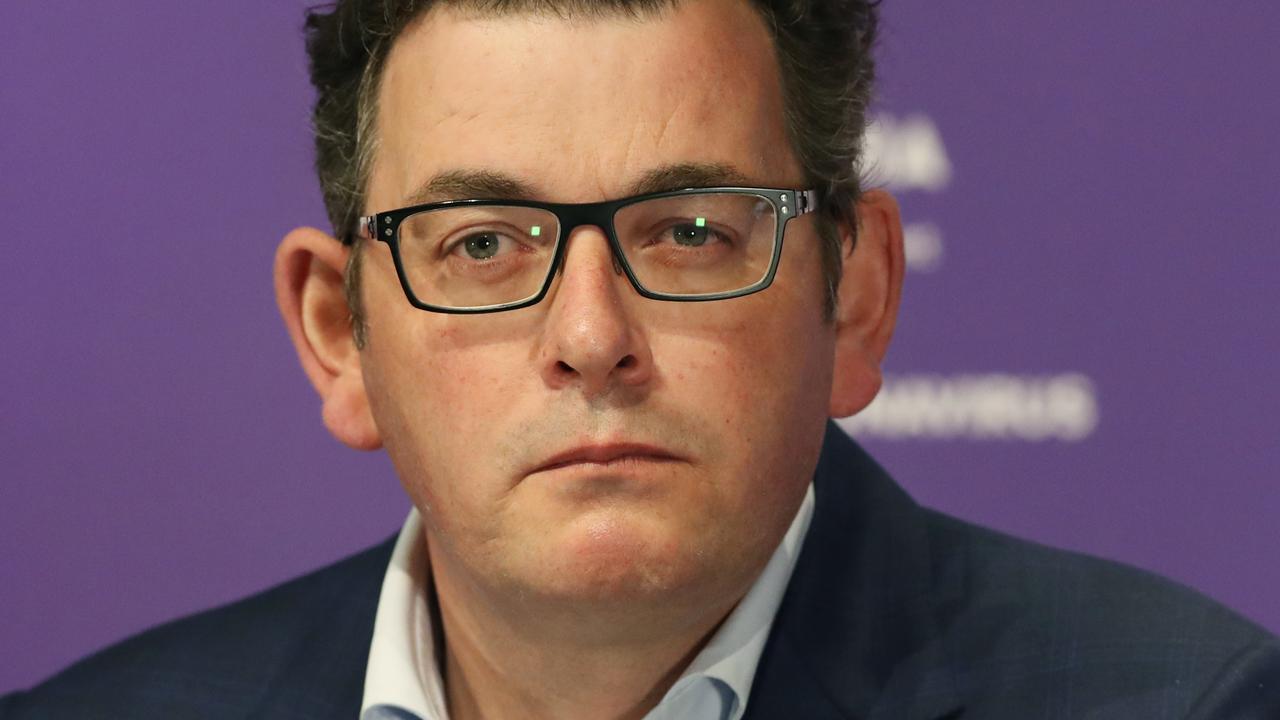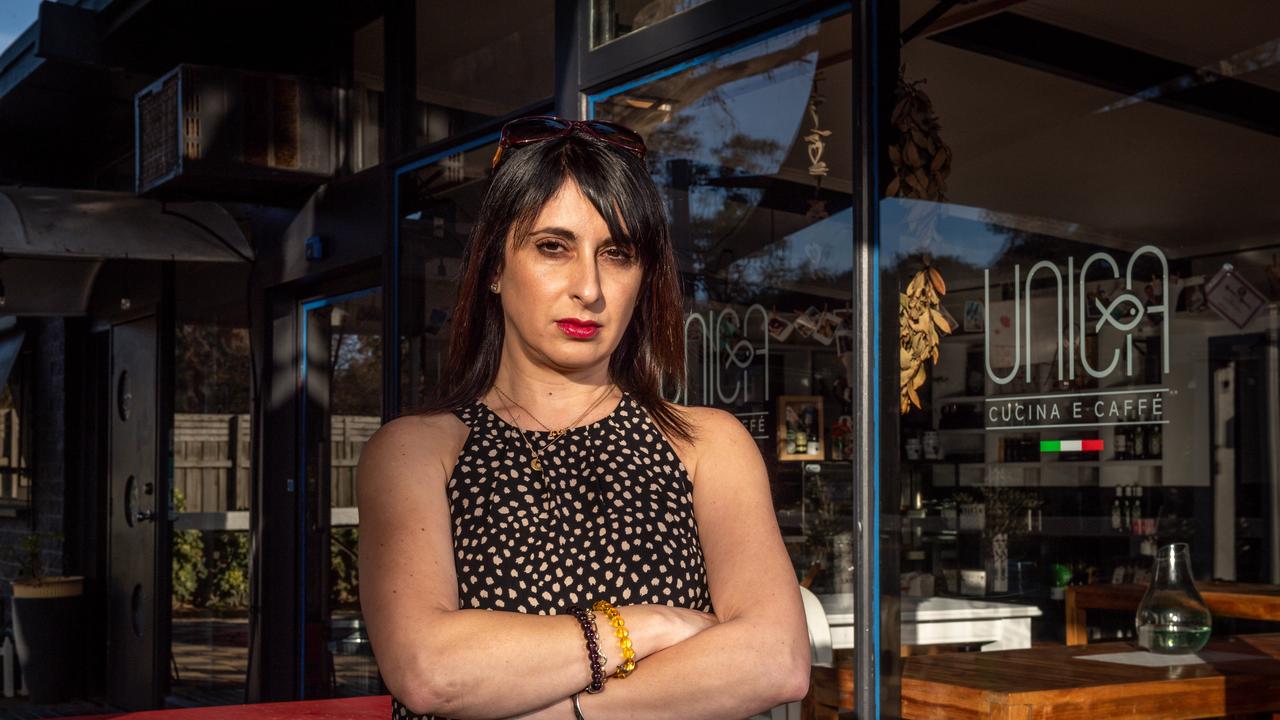Top Vic health bureaucrat Michelle Giles reveals ‘heavy responsibility’ of signing off on curfew
One of the state’s top health bureaucrats has told of the “heavy responsibility” she felt signing off on Victoria’s tough curfew measures.
One of Victoria’s top health bureaucrats could be called in court as a lawsuit challenging Victoria’s curfew continues.
The court on Monday heard then-deputy public health commander Michelle Giles made the second curfew order as she was authorised to exercise emergency powers during the state’s lockdown.
Prof Giles could be called to be grilled by lawyers about the curfew, with plaintiff counsel Marcus Clarke asking a judge for leave to cross-examine her.
Victoria’s curfew was put in place on August 2 to run from 8pm to 5am.
From September 14 it was loosened by Prof Giles to 9pm to 5am and was due to expire on October 11, the Supreme Court of Victoria heard.
A key question will be whether Prof Giles made her decision to sign off on an order extending the lockdown from September 14 independently, lawyer Jason Harkess said.
“The issue is whether or not Ms Giles made this directive acting at the behest of the Premier,” he said.

But in an affidavit filed with the court, Prof Giles said she signed off on the directive off her own bat and felt a “heavy responsibility” that she still feels now.
She said she had no discussions with the Premier about the directions or the curfew.
“I always very clearly understood that the decision was mine to make,” she said.
“I inferred, based on my experience, that the reduction of case numbers was due to the stage 4 restrictions being imposed.
“Experience with outbreak management in Victoria has reinforced for me how infectious this virus is, how difficult it can be to control, and the kinds of measures required to control it.
“I have also had to consider the hard consequences of my recommendations.”
Prof Giles is an infectious disease physician who had only been in the deputy public health commander role for nine days when she signed the order extending the curfew, making her the subject of the anti-curfew lawsuit.
She was hired by the Government as an adviser and outbreak manager on August 3 and was filling in as deputy commander for someone on leave who has since returned.
She considered the Charter of Human Rights and Responsibilities Act, information provided by chief health officer Brett Sutton, and her own knowledge and experiences when issuing the directive to extend the curfew and other restrictions, her affidavit said.
“My work for over 15 years as a clinician in the area of HIV medicine has taught me to consider the health and human rights of the individual and the public health risks that can arise from that individual’s behaviour,” she said.
The lawsuit was brought by Liberal Party member Michelle Loielo, a single mum-of-three who runs Mornington Peninsula cafe Unica Cucina E Caffe.

Victoria’s stage 4 restrictions made her feel “helpless”, she said in an affidavit filed in the Supreme Court.
“Since the curfew has been in effect, I have seen an approximate 99 per cent drop in my turnover,” she said.
Ms Loielo said she had gone from making between $5000 and $20,000 a week to $400 a week and not all of her staff members were eligible for JobKeeper.
“I am afraid that I will lose my house,” she said.
She said even when making takeaway orders, she could not go out to buy ingredients at night because of the curfew.
Ms Loielo said she “struggled to put into words” the strain of running a restaurant “12-15 hours per day, seven days a week” while juggling homeschooling her children.
She said her home environment was “absolutely suffocating” since the curfew, which was made worse because she couldn’t take a calming stroll around the block after her children were in bed.
“The social isolation from my friends and family has been unbearable,” she said.
“(But) the toll on my children is the greatest concern to me.”
But in her affidavit, Prof Giles said she too had experienced hardship from the orders she had imposed.
“Throughout stage 4, I had been working from home with four children, three of whom were doing remote learning from my home, not seeing any of my family or my usual supports,” she said.
“I had to balance the hardships that I knew the directions would impose on people against what I knew would happen if we did not get control of infection rates in Victoria.
“Based on what I have seen occur in Victoria and overseas, I believed that large numbers of Victorians may die if appropriate restrictions were not put in place, and I considered that the hardships caused by restrictions, even the extreme hardships suffered by some people, were necessary for that reason.”
The Victorian Equal Opportunity and Human Rights Commission and the Attorney-General do not intend to intervene in the court case, Judge Timothy Ginnane said.
Both parties had sought to have the case uplifted and heard in the Court of Appeal but are now moving towards an expedited trial in the Supreme Court.



